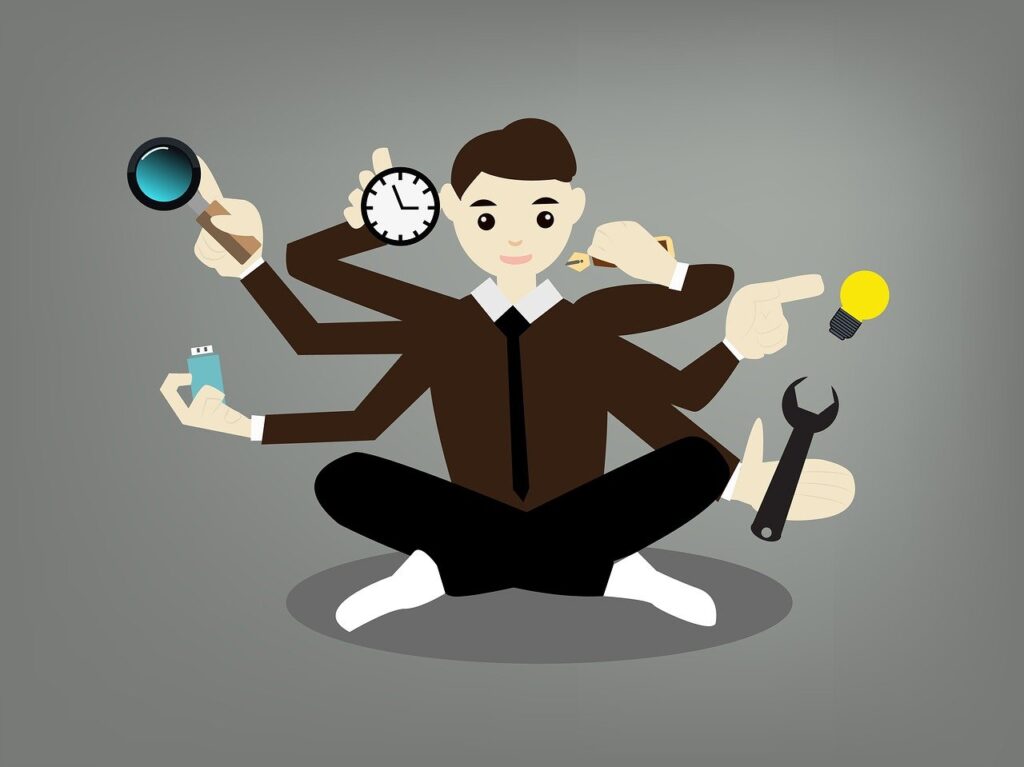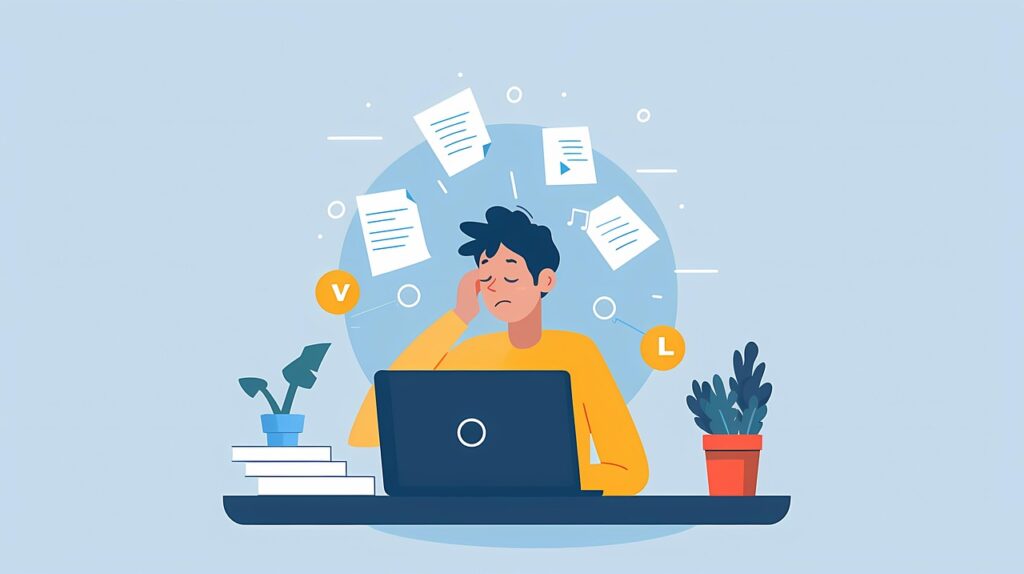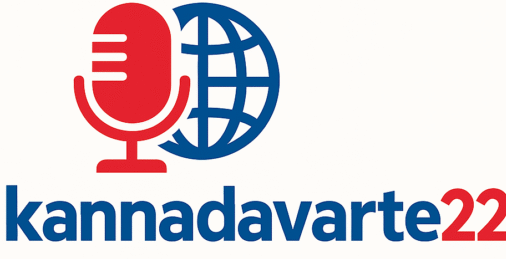In today’s fast-paced digital world, multitasking has become a norm — especially among students, professionals, and remote workers. We juggle between apps, tabs, emails, WhatsApp chats, social media notifications, and project files — often all within a span of just 10 minutes. While multitasking may feel productive, science says otherwise. This modern multitasking culture is silently sabotaging our focus, energy, and work quality.

What Is Multitasking Culture?
Multitasking culture refers to the common belief and behavior that doing multiple things at once — or quickly switching between them — is efficient. For instance, replying to emails while attending a Zoom meeting, writing reports while scrolling social media, or studying while watching YouTube.
In reality, what most people call “multitasking” is actually task-switching or context switching, and it’s far from productive.
The Real Cost of Switching Between Apps and Tasks
When you switch from one task to another — say, from writing a report to checking WhatsApp — your brain needs time to shift gears. This delay is called the “switching cost.” Even though each switch might feel like just a second or two, research has shown that these interruptions reduce overall efficiency by up to 40%.
Here’s why:
- Mental Reset Time: Each task uses a different set of cognitive resources. Jumping from a creative task like writing to a logical one like data entry confuses your brain.
- Loss of Flow: Frequent switching breaks the state of “deep work” — a flow state where your brain performs at its highest potential.
- Attention Residue: When you leave a task midway, part of your attention stays stuck on the previous task, reducing focus on the new one.

Also read : Digital Distractions: The Silent Killer of Productivity
Context Switching Wastes Mental Energy
Every time you switch context, your brain has to reorient itself. Think of it like rebooting a computer every time you open a new program. It drains your limited cognitive resources, leading to mental fatigue, slower performance, and more errors.
This can lead to:
- Poor memory retention
- Incomplete or low-quality work
- Increased stress and anxiety
- Sleep disturbances due to overstimulation
According to a study by the American Psychological Association (APA), multitaskers experience a drop in IQ similar to staying up all night. In other words, multitasking doesn’t make you smarter or faster — it makes you tired and less intelligent during tasks.

Also Read : What is Information Overload?
Multitasking vs. Monotasking: Which Is Better?
Monotasking (also known as single-tasking) means focusing on one task at a time with full attention. Unlike multitasking, monotasking allows you to enter the deep work state, leading to:
- Better focus
- Higher quality output
- Less stress
- Improved creativity and problem-solving
A 2010 Stanford study found that people who constantly multitask are worse at filtering out irrelevant information and organizing their thoughts. Monotaskers, on the other hand, tend to be more goal-oriented and efficient.
Tips to Break the Multitasking Habit
If you’re stuck in a multitasking loop, here are some practical strategies to regain your focus and improve productivity:
- Use the Pomodoro Technique
Work in 25-minute focused blocks followed by 5-minute breaks. It trains your brain to stay in the flow. - Disable Unnecessary Notifications
Turn off alerts for social media, news, and messages while working. - Group Similar Tasks Together
Batch all calls, emails, and admin work instead of spreading them throughout the day. - Use Full-Screen Mode or Focus Apps
Avoid the temptation to switch tabs by using full-screen mode or apps like Forest, Focusmate, or Cold Turkey. - Practice Digital Minimalism
Remove apps and tools you don’t need daily. A cluttered digital environment invites distraction.
What Science Says About Multitasking and Productivity
Multitasking may feel productive — but decades of neuroscience and psychology research say otherwise. Several key studies have revealed that our brains are not built to perform multiple attention-heavy tasks simultaneously.
Stanford University Study (2009)
One of the most cited studies on this topic, conducted by Stanford researchers, found that people who consider themselves frequent multitaskers are actually worse at filtering information, switching between tasks, and maintaining focus. These individuals were more distracted by irrelevant information and showed weaker cognitive control compared to those who preferred to focus on one task at a time.
American Psychological Association (APA)
The APA has published multiple reports showing that task-switching — not multitasking — is what people are actually doing, and it comes at a high mental cost. According to them, “shifting between tasks can cost as much as 40% of someone’s productive time.” This is because our brains require a mental reset every time we switch tasks, which consumes energy and focus.
Source
University of London Study
A 2014 study from the University of London found that individuals who multitasked during cognitive tasks experienced a decline in IQ scores comparable to losing a night’s sleep. Men in particular saw a drop of up to 15 IQ points — pushing them into the range of an 8-year-old child. This proves that multitasking doesn’t just reduce productivity; it also impairs your actual thinking ability.

Microsoft Research on Distraction and Re-Focus Time
In a study conducted by Microsoft, researchers found that after a distraction (like checking an email or message), it takes the average person 23 minutes and 15 seconds to return to their original task with full focus. This highlights the real-world productivity loss caused by digital distractions and app-switching.
Source
These scientific findings strongly confirm that multitasking is a myth. Your brain isn’t multitasking — it’s rapidly switching between tasks, which depletes energy, decreases efficiency, and damages mental clarity.
To be truly productive, the science recommends adopting monotasking or deep work, where the brain can operate in its optimal cognitive zone without interruptions.
Final Thoughts
The multitasking culture may seem like a badge of honor in today’s competitive environment, but it’s a silent productivity killer. Constant context switching drains your mental energy, reduces work quality, and increases stress.
If you want to truly get more done in less time, the answer isn’t multitasking — it’s deep focus and purposeful monotasking.
By breaking the habit of switching between apps and tasks, you can unlock a more productive, peaceful, and efficient way to work.

